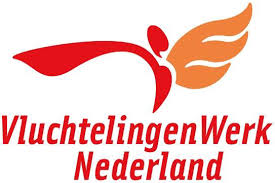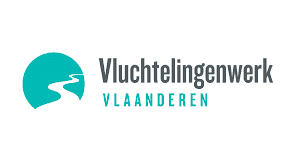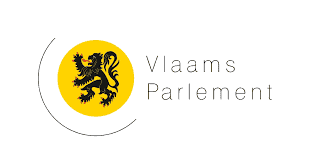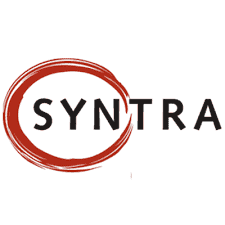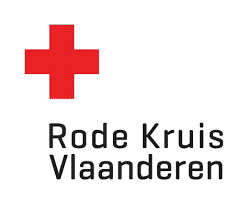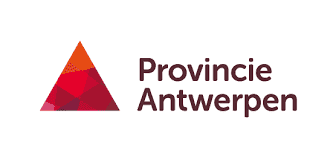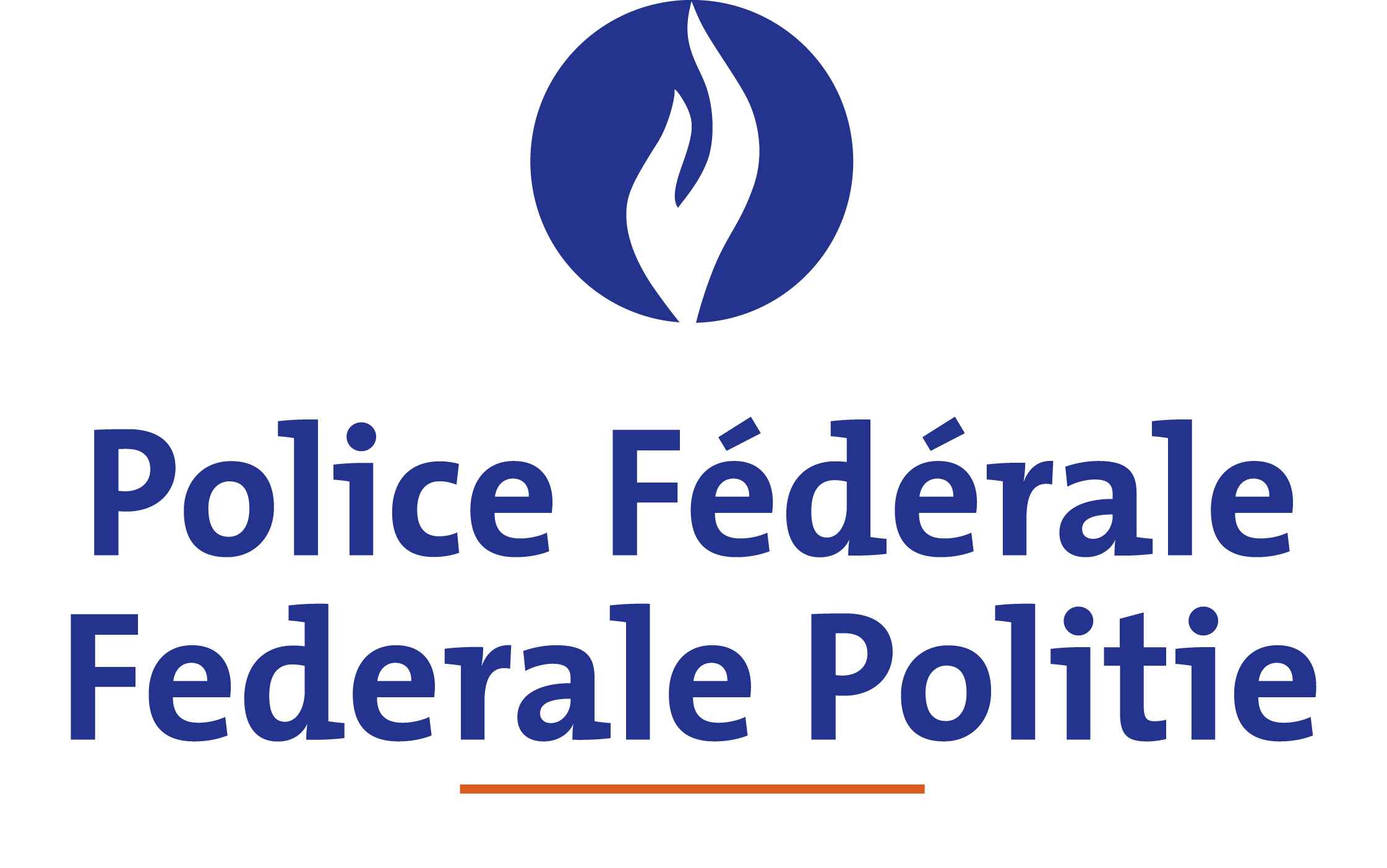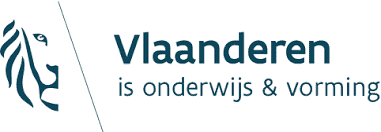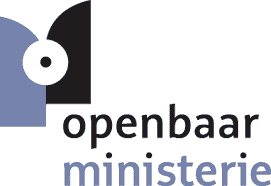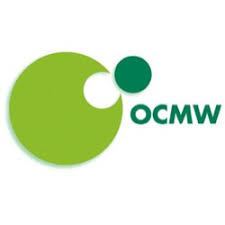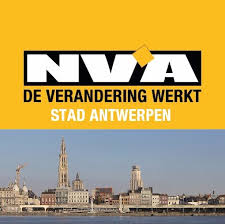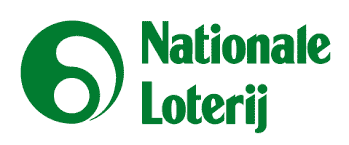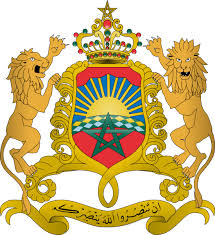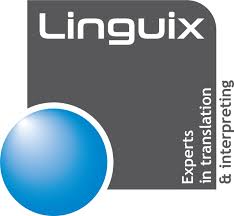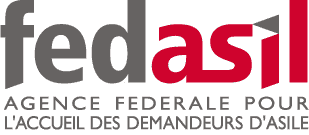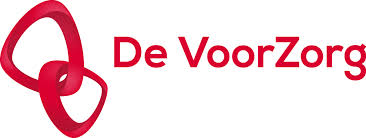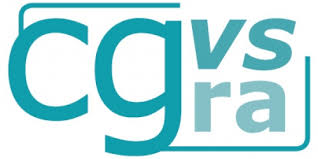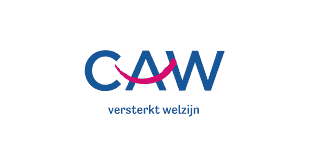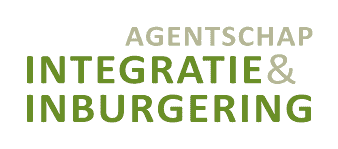Legalization procedures
Do you want to use your translation or another document abroad?
In most cases, you will need a legalization or an apostille.
Legalization:
Legalization involves verifying the origin of a document. It is the official confirmation by the competent authorities that:
- The signature of the (foreign) official who signed the document is authentic,
- The seal or stamp on the document is genuine, or
- The person who signed the document was authorized to do so.
Legalization pertains to the form of the document, but it does not confirm that its content is accurate.
Sworn Translation:
For official documents, it is always best to choose a sworn translation. The translation is sworn when the translator’s signature is certified by the courts or other competent authorities. Our translations are sworn in accordance with the applicable procedures in Belgium, or in the Netherlands if requested.
If you require another form of legalization for your documents, we can assist you further or handle it for you. Since 2022, we use digital signatures in Belgium, where translations are sworn using the translator’s identity card, already registered in the National Register of Interpreters and Translators at FPS Justice.
Legalization for International Use:
When you need translations for use abroad, in most cases, after the translation is sworn, you will also require legalization that is recognized internationally. This is typically performed by FPS Foreign Affairs but can also be required from FPS Justice or FPS Health.
Sahli Translation & Mediation will guide you to the appropriate services or authorities for sworn translation and legalization procedures. Since 2022, translators must apply for legalization of their translations online. In some cases, clients may still need to collect the legalization sticker from FPS Foreign Affairs in Brussels.
Apostille:
An apostille is a certificate attached to a document to confirm its formal validity. This certificate replaces the need for legalization. An apostille is valid for countries that are parties to the Hague Apostille Convention of 1961.
Sahli Translation & Mediation provides you with the necessary information about this process when delivering your translation intended for international use. Since 2022, translators can apply for an apostille of their translations online, meaning clients no longer need to visit FPS Foreign Affairs in Brussels.
Do you need an apostille or legalization for your translation or document?
This depends on the country where you plan to use your translation. We are happy to assist you. We are well-versed in the various legalization procedures and can advise you on the appropriate services to approach, or we can handle the process for you.
Appointment
You can now schedule an appointment, receive quotes and the necessary advice, as well as utilize our services.
OUR CLIENTS

